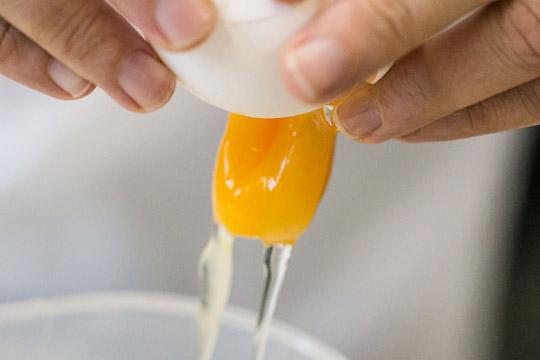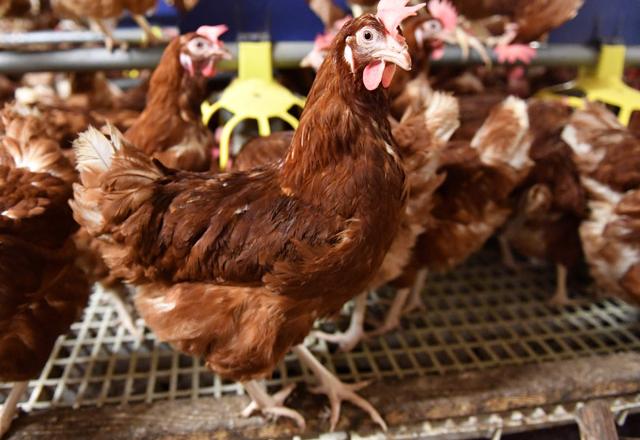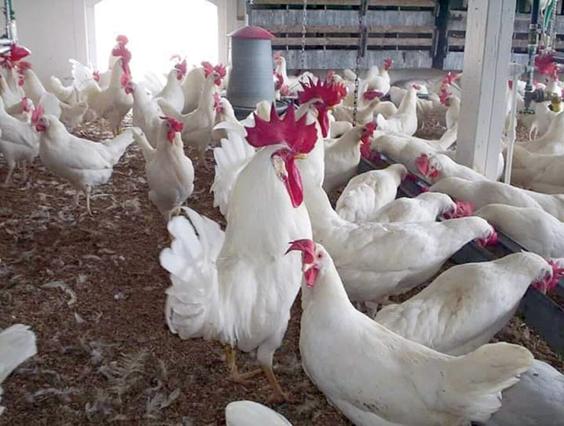You are here
700,000 insecticide-tainted eggs imported to UK — gov’t
By AFP - Aug 10,2017 - Last updated at Aug 10,2017

An employee of the chemical veterinary examination office tests eggs for contamination by the insecticide fipronil in Krefeld, western Germany, on Monday (AFP photo)
LONDON — Around 700,000 eggs implicated in a Dutch insecticide scandal have been distributed in Britain in processed food, authorities said on Thursday, while playing down the risk to public health.
"It is likely that the number of eggs that have come to the UK is closer to 700,000 than the 21,000 we previously believed had been imported," said the Food Standards Agency, a government department.
"However, as this represents 0.007 per cent of the eggs we consume in the UK every year, it remains the case that it is very unlikely that there is any risk to public health from consuming these foods."
It said the eggs had not been sold individually, but were in processed foods such as sandwich fillings and salads — some of which will have already been eaten, with the rest now being withdrawn from sale.
"Many of the eggs involved were mixed with other eggs, which have not come from affected farms so fipronil residues will be highly diluted," said the agency, referring to the insecticide which was first found in Dutch eggs.
The statement added: "The decision to withdraw these products is not due to food safety concerns, but is based on the fact that fipronil is not authorised for use in food producing animals."
Around 85 per cent of eggs consumed in Britain are produced domestically, and the Food Standards Agency said that testing on UK-laid eggs has so far found no evidence of contamination.
Agency chairwoman Heather Hancock said: "The number of eggs involved is small in proportion to the number of eggs we eat, and it is very unlikely that there is a risk to public health.
"Based on the available evidence there is no need for people to change the way they consume or cook eggs. However, fipronil is not legally allowed for use near food-producing animals and it shouldn't be there."
Related Articles
PARIS — European consumers complained of being "left in the lurch" by food safety authorities as a scandal over insecticide-tainted egg
Pyeongchang — Egg sandwiches. Bacon and eggs. Egg salad. Eggs on toast. Scrambled eggs, or fried.
AMMAN — Social media users have launched an online campaign calling for a national boycott of poultry and eggs.The hashtag “#Together



















